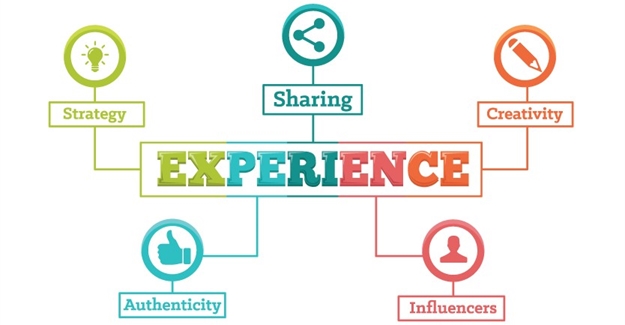Terminology can sometimes play tricks, and this is precisely what happens with events and user experience, two concepts that are easily confused.
And it is that, while the events are conceived as “important and scheduled events” the experience focuses on the “fact of having felt”, which translates into “event versus emotion“.
In this sense, there are few brands today that wish to invite their public to attend “an important and scheduled event” being able to make them “feel” in the first person what they are and what they mean.
And this simple change in terminology opens up an infinite world of possibilities for brands and agencies in the use of other “events”, as they have understood that “touching” an idea also has a positive impact on consumers.
Brands need to convey their values and make them tangible. To achieve this, stores resort to “product tests”, which in the world of experiences could be called “brand testing” or “brand sampling”.
Knowing what a product tastes like, sounds like, smells like or talks about, many unknowns disappear, becoming reasons to love the brand and its products.
Being creative, having values and being authentic will make your brand succeed in experiential marketing
3 tips to succeed in experiential marketing
Once the brand knows the possibilities offered by the experiences, it must be able to make its potential customers fall in love with them.
To achieve this, Salvador Albacar, executive creative director of Pop in Group, has three key tips to carry out to have a clean and attractive brand image.
Being creative sells
Creativity has become the cornerstone of any sales strategy. And it is that being creative seems to be the only way to become relevant in an increasingly competitive environment.
On this path to creativity, the brand experience must go ahead of the commercial objectives of the brand. To create it, you need to wrap your audience in a story that they want to participate in and play with the brand.
Having values sells
Being social, raising awareness, positioning yourself or championing a cause… all of this is a wonderful meeting point with your audience, as long as it is done from conviction, and not as a specific CSR action.
Experiences that include or are based on social objectives leave a mark, as consumers increasingly demand more from companies that share their values.
Being authentic sells
Audiences are no longer hooked on unattainable role models, they’re hooked on the purpose and truth of the brand.
That is why it is important in an experience to put yourself in front of your audience, showing what you are and faithfully representing your principles and your vision of the world.

